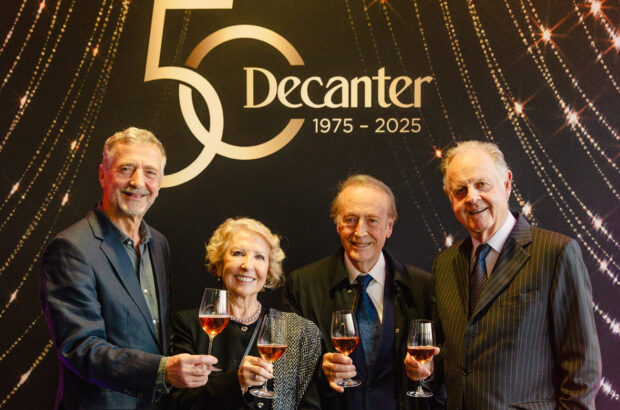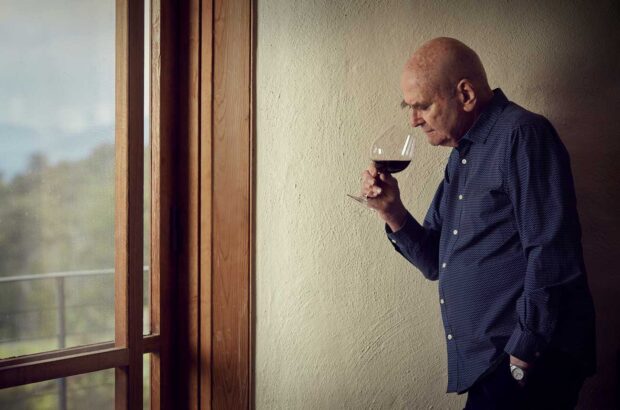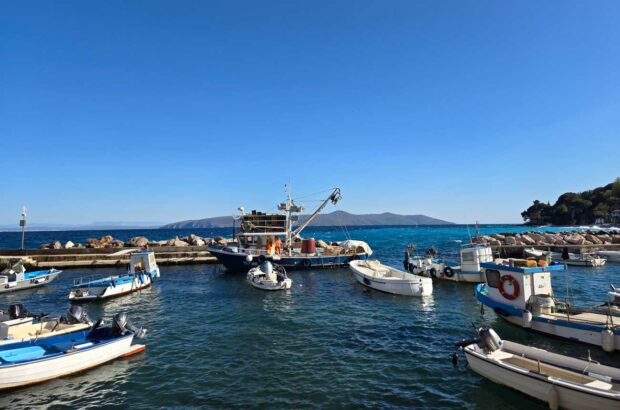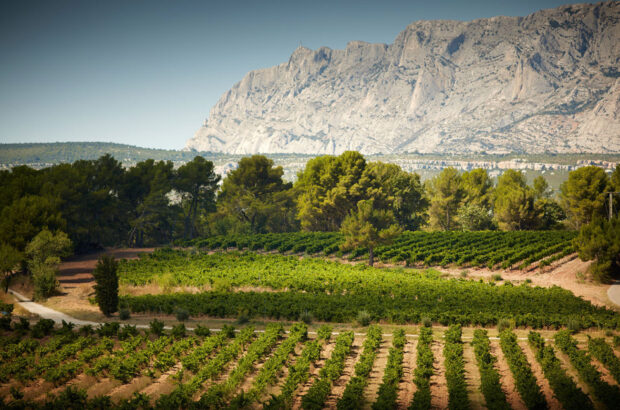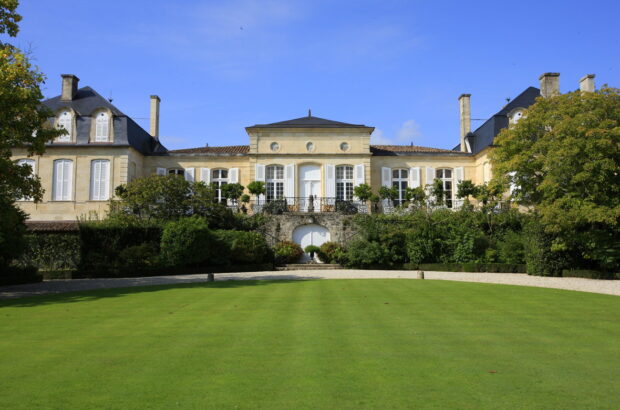The court ordered the Cordier group to pay Lacombe €202,072.30 (£172,774.85) in damages for buying the wine at below cost price. The Ginestet négociant was also hit with a €152,704.10 (£130,564.30) fine after the Bordeaux commercial court ruled in Lacombe’s favour.
‘When David knows he is smaller than Goliath, he can make himself bigger,’ said Lacombe after emerging victorious. ‘David can turn against Goliath when he trusts himself, is proud, respects himself and he has cojones.’
The Bordeaux court’s ruling represents the first judicial application of loi egalim since it was introduced in 2019. The law was introduced to protect French farmers and curb the pricing power enjoyed by large supermarkets and wholesalers. It followed nationwide protests by producers of vegetables, fruit, meat and dairy, who railed against promotions in supermarkets.
However, loi egalim can also be applied to négociants purchasing wine from producers in any French regions. Specifically, article 442-7 of the Commercial Code defines ‘the harm caused’ to producers if a wholesaler charges ‘an abusively low transfer price’.
Lacombe, who recently sold his Château Bessan-Ségur estate in Civrac-en-Médoc, said that it cost his company approximately €1,600 per barrel to produce the wine in question. The Cordier and Ginestet négociants purchased it for an average bulk price of €1,200 per barrel, 25% below the cost of production.
Lacombe argued that ‘low prices are destroying a region which is hampered by submissive and accepting people’. The court ruled in his favour this week, stating: ‘These price differences, noted for each of the defendants, characterise an abusively low price that they charged, without respecting the formalism imposed by law, to the Rémi Lacombe farming civil society for all of the disputed markets and that it will be appropriate that the latter be compensated for his damage.’
Négociants now fear that this landmark decision could open the floodgates, leading to a raft of similar cases across the country. Indeed, Lacombe hopes that other winemakers can ‘benefit from my audacity’, although he is braced for an appeal from the négociants.
One négociant told Vitisphere: ‘There is a risk of insecurity for any signed contract if we can return to a transaction two years later for the motivation of abusively low prices. This could block the entire market for agricultural raw materials.’


